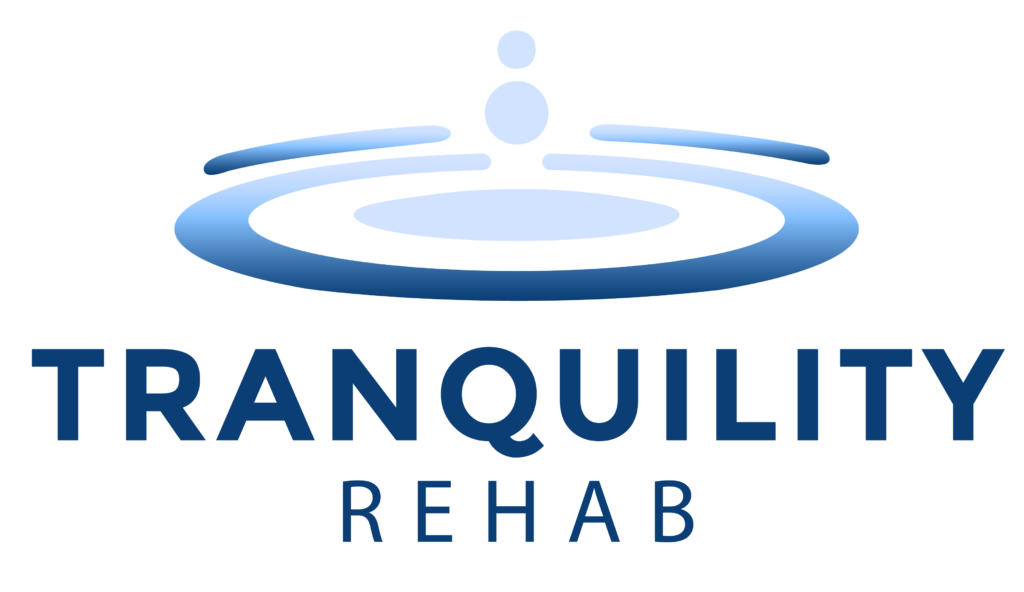Identifying alcoholism can be challenging, especially since many individuals may hide their drinking habits or downplay the severity of their situation. Understanding the physical and behavioral signs of alcohol dependence is crucial, not just for personal awareness but also for helping loved ones in need. If you suspect that someone may be struggling with alcohol addiction, this guide will help you recognize the telltale signs and encourage you to take action toward seeking professional help.
Physical Signs of Alcoholism
- Changes in Appearance: An alcoholic may exhibit noticeable changes in their physical appearance. This can include poor hygiene, weight fluctuations, or skin problems such as redness or a flushed face. Specifically, “alcoholic facies” refers to a distinct appearance characterized by puffiness, redness, and, at times, acne or other skin conditions, particularly around the cheeks and nose.
- Bloodshot Eyes: Frequent bloodshot eyes can indicate heavy drinking. The irritation caused by alcohol can lead to red, watery eyes, making it one of the more recognizable physical symptoms.
- Unusual Behavior: Alcoholism often manifests in behavioral changes. An individual may become increasingly secretive, irritable, or unpredictable. These mood swings can be a result of alcohol consumption and withdrawal, and may vary from aggression to extreme sadness.
- Physical Health Problems: Long-term alcohol abuse can lead to serious health issues, such as liver disease, heart problems, and neurological damage. Frequent complaints of illnesses or injuries that do not seem to heal can be red flags.
Behavioral Signs of Alcoholism
- Social Withdrawal: An alcoholic may begin to isolate themselves from friends and family, preferring to spend time alone or with other drinkers. They may also withdraw from previously enjoyed activities, hobbies, or social events.
- Neglecting Responsibilities: Difficulty meeting work, school, or home responsibilities is a significant indicator of alcohol dependence. An alcoholic may frequently miss work, struggle to fulfill family obligations, or neglect self-care.
- Increased Tolerance: If an individual is consistently drinking more to achieve the same effects, this is a sign of developing tolerance, which often accompanies addiction. They may also experience withdrawal symptoms when not drinking, further indicating a physical dependence on alcohol.
- Defensiveness About Drinking: Alcoholics often become defensive when questioned about their drinking habits. If a loved one seems overly sensitive or dismissive when discussing alcohol consumption, it may be a sign of denial about their addiction.
Psychological Signs of Alcoholism
- Emotional Instability: Alcohol abuse is often linked to mental health issues such as anxiety, depression, and mood swings. If someone is experiencing extreme emotional highs and lows, it could be a response to their alcohol use.
- Poor Decision-Making: Alcohol impairs judgment, leading to reckless behavior and poor decision-making. If you notice someone consistently engaging in risky activities while under the influence or making choices they later regret, it may be a cause for concern.
- Guilt and Shame: Many alcoholics feel a sense of guilt or shame about their drinking, which can lead to further isolation and denial. If someone expresses regret about their drinking habits but continues to consume alcohol, it may indicate a deeper issue.
Taking Action: Encouraging Help
Recognizing the signs of alcoholism is the first step toward intervention and recovery. If you suspect that someone you care about is struggling with alcohol dependence, it’s crucial to approach the situation with empathy and understanding. Offer your support and encourage them to seek professional help.
Getting Help for Alcohol Addiction
At Tranquility Rehab, we understand the complexities of addiction and the challenges of recovery. Our team of dedicated professionals is committed to providing personalized treatment plans designed to meet the unique needs of each individual. Whether it’s through detoxification, therapy, or support groups, we are here to help you or your loved one reclaim a healthier life.
If you recognize these signs in someone you care about—or even within yourself—don’t hesitate to reach out for help. Tranquility Rehab offers a compassionate environment where individuals can find the support they need to overcome alcohol addiction. You deserve a chance to live a fulfilling, sober life.
Contact us today to learn more about our comprehensive treatment options and take the first step toward recovery. Remember, you are not alone in this journey, and there is hope for a brighter, healthier future.


